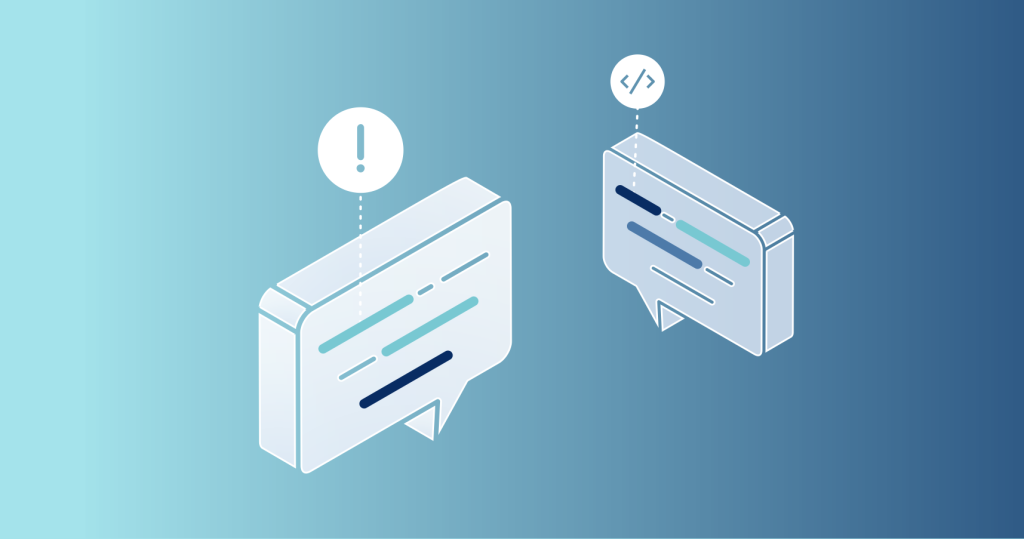From ethical principles to governed AI
If you are the slightest bit aware of ethical AI or AI governance, you’ve probably heard about principles such as transparency, explainability, fairness, non-maleficence, accountability or privacy. It is easy to agree with these principles – the real question is how should we translate them into meaningful actions?
From ethical principles to governed AI Read More »










